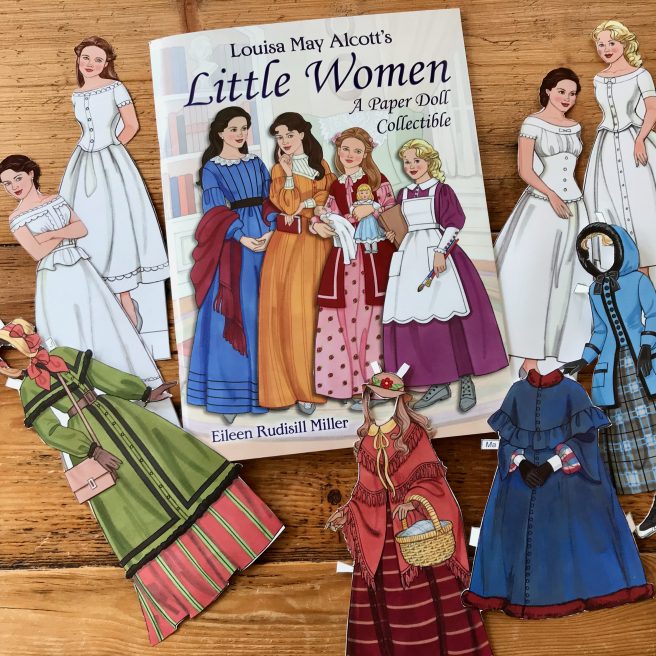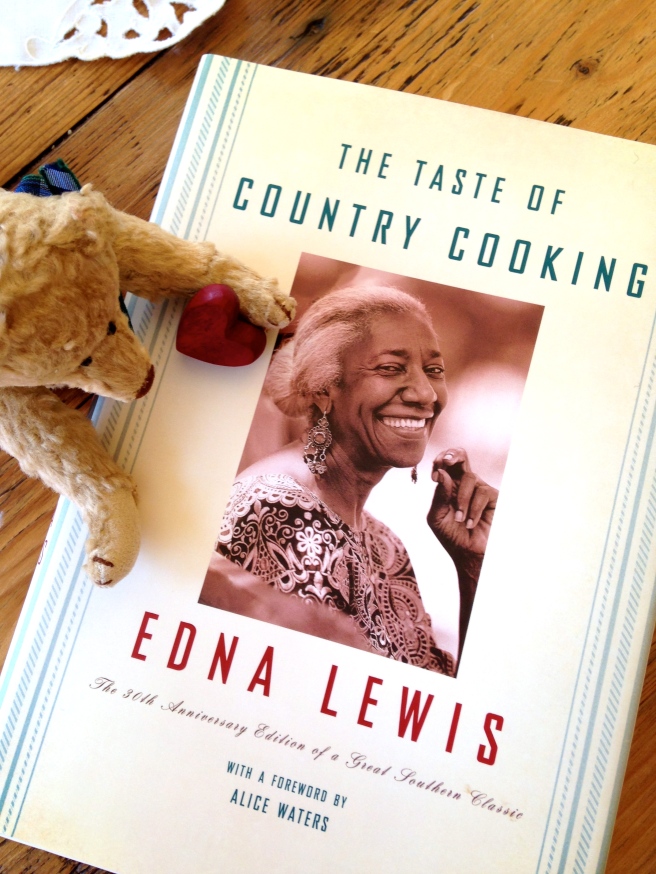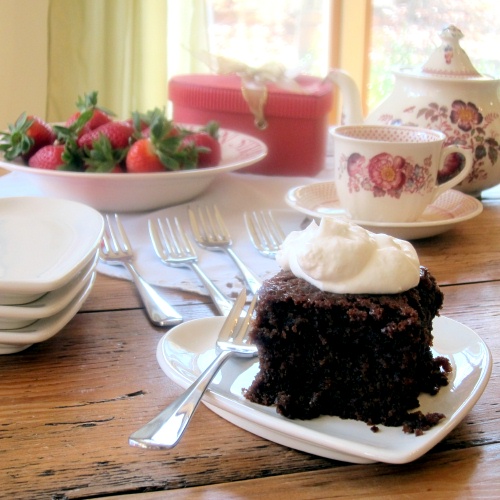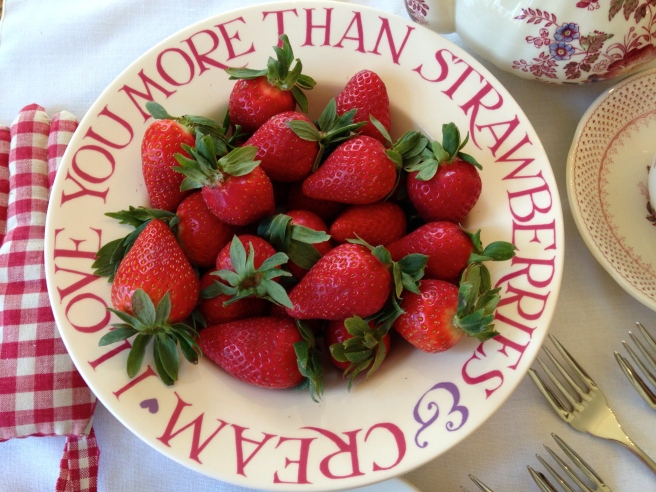“I do think that families are the most beautiful things in all the world!” ~ Jo March

Season’s Greetings!
Are you excited about the Little Women movie opening on Christmas Day?
To get us in the mood for all things Meg, Jo, Beth, Amy, Marmee and Laurie, I’m sharing two poems from the novel and a recipe from the new Little Women Cookbook by Wini Moranville (Harvard Common Press, 2019).

I think most of us can remember when we first read Louisa May Alcott’s classic — I was nine, staying with two older girl cousins downtown for about a week during the summer. We spent most of our time playing “school,” and during one of our “classes,” I began reading Little Women.

Since I wasn’t able to finish before it was time to return home, my cousin Judy let me take her copy with me (it was an abridged edition published by Whitman in 1955). I can’t remember if it was a loan or a gift, but I do remember her telling me how much she loved the book and that I should definitely read it.
Fast forward to 6th grade, when we acted out the opening scene in English class. “Christmas won’t be Christmas without any presents,” was my Jo March ‘stage debut,’ marking the first time I would read the entire novel. Like so many others, generation after generation, I was hooked for life.

I so wanted to belong to the March family, to experience that deep bond of sisterhood. I had a huge crush on Laurie, and loved Mr. Laurence because just like Beth, I loved music and playing the piano. Of course I identified with Jo, because she was a writer, only wishing I could be as feisty and forthright. And wasn’t Marmee the best mother anyone could ever ask for? As the child of a working mother, I envied children whose moms had the time and patience to listen to all their concerns.
Just like The Secret Garden made me fall in love with England, Little Women made me long to visit New England — the gorgeous autumn colors and beautiful winter vistas! the rich history and Colonial architecture! the lobstah rolls, fish chowdah, maple syrup, brown bread, baked beans, boiled dinners, Indian pudding, Yankee pot roast . . . *drools* . . . “licks chops”. . . oh wait, where was I?

With the new movie coming, I decided to reread the book, since it had been about a decade since I last gave it my full attention. When I scanned my bookshelves, I found Judy’s copy alongside my Little, Brown edition. Didn’t realize I still had it! It’s probably the only book that survived my childhood. My mother gave away my entire Golden Books collection (still grieving), and though I read voraciously, I didn’t own many novels — mostly everything came from the library.

One of the things I especially enjoyed this time around was taking a closer look at the poems Alcott included in the story. There was the elegaic “My Beth” of course, as well as the incantations in Jo’s play featuring Hagar, Roderigo, and Zara. In a letter Jo sent to Marmee, she included “a silly little thing” for her to pass on to Father about helping Hannah with the wash, the delightful “A Song from the Suds.” And who can forget that splendid Christmas when Jo and Laurie made a snow-maiden, complete with a crown of holly, a basket of fruit and flowers, and a carol, “The Jungfrau to Beth,” to cheer up the convalescent?





 Officially hitting shelves today,
Officially hitting shelves today, 




